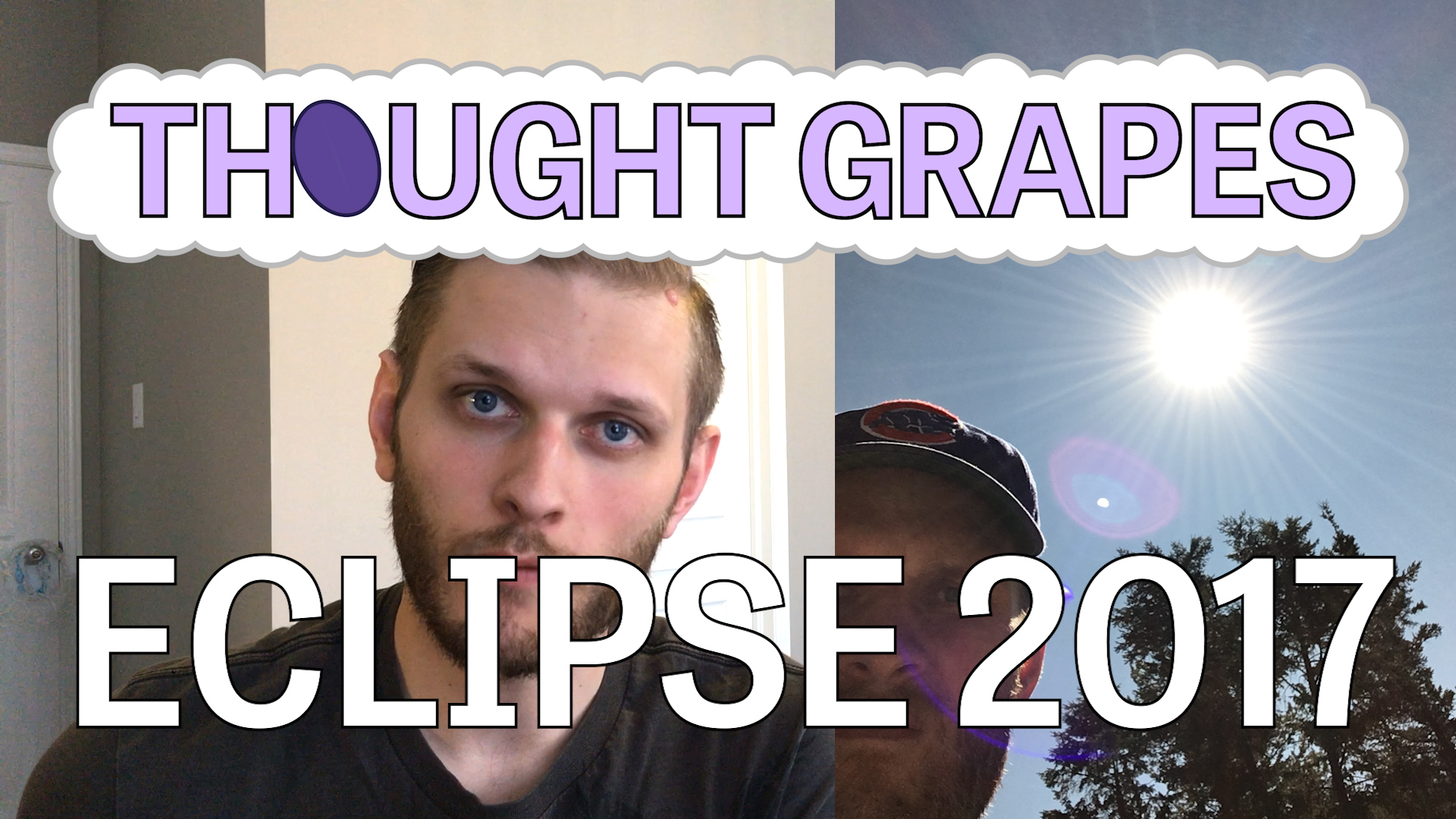At the beginning of this week, Apple announced 3 new phone models, the iPhone 8, iPhone 8 Plus, and iPhone X. The ‘8’ models are available for pre-order now, with delivery starting on September 22, while the all-new iPhone X isn’t shipping until the beginning of November (and will start at $1319 CAD before tax or the AppleCare+ warranty).
I love getting new iPhones, and if you have one that’s more than two years old, you’ll probably start to notice new features slowing down the interface just a little bit. But for me, the biggest reason I spent about 5 years as a serial iPhone updater was the camera. Improvements to camera hardware on smartphones have been unbelievable since the first iPhone packed in a blurry 2.0 MP lens in 2007.
When I first upgraded from the 3.5 inch iPhone 4S to the 4 inch iPhone 5 in 2012, the tiny amount of extra screen space was barely even a consideration in my purchase. I liked having a small phone because my iPad was my lap-top (literally) computing device when I was at home, so the iPhone could really shine when I was out and about.
In 2014, Apple took another step up in screen sizes, releasing the iPhone 6 and 6 Plus, at 4.7 and 5.5 inches respectively. At that time, while I didn’t love that my phone wasn’t going to be nearly as compact, I accepted the tradeoffs, and openly embraced the larger screen of the iPhone 6. However, what I don’t think I ever really forgot was the compactness of the screen width of the original iPhone (which stayed the same from its unveiling in January of 2007 all the way to September of 2014).
The iPhone 6s was the first iPhone release I skipped since the iPhone 3GS, for a combination of reasons (mostly financial). In hindsight, it seems kind of obvious that I wasn’t as much of a fan of the bigger sizes at the time either, but I recall myself repeating consistently that if Apple ever made a new 4 inch phone with modern internals (camera, processor, etc.), that I would be hard pressed to not upgrade to that one.
In the spring of 2016, when the larger iPhone 6 models had been out for almost 18 months, Apple made my dreams come true and released a new 4 inch phone, the iPhone SE. I got the SE and sold my iPhone 6, and immediately I was happier about every aspect of the phone except for the screen size.
When I had the iPhone 6, I was constantly having to deal with little annoyances. The best thing about it was the bigger screen, making looking at it and watching video nicer and easier. Unfortunately, the rounded sides were pleasantly curved, but made the phone a lot harder to grip compared to the chamfered edges of the iPhones 4 and 5.
If you watch a lot of video, or your iPhone is the only handheld computer you own, maybe getting the most screen size is the best way to go, size be damned. But in a world where iPads exist and are getting more and more versatile, for my needs, having a tiny mobile iPhone and a regular sized iPad is the perfect balance.
I’m very excited about the new iPhone X (ten), and I hope I can convince my lovely wife that it’s worth the upgrade, even though it probably isn’t (amazing cameras aside). But I still like to loudly, and with conviction, state for the record that if Apple put out a new 4 inch iPhone with current specs and cameras and functionality, I would spend whatever it took to get it.
Unfortunately, as with everything in computers, miniaturization is hard. Building a 5.8 inch screen phone with everything the iPhone X contains is much, much easier than doing so with a 4 inch phone. The more space you have to work with, the easier phone making is, even if you invented the modern smartphone with a 3.5 inch screen.







